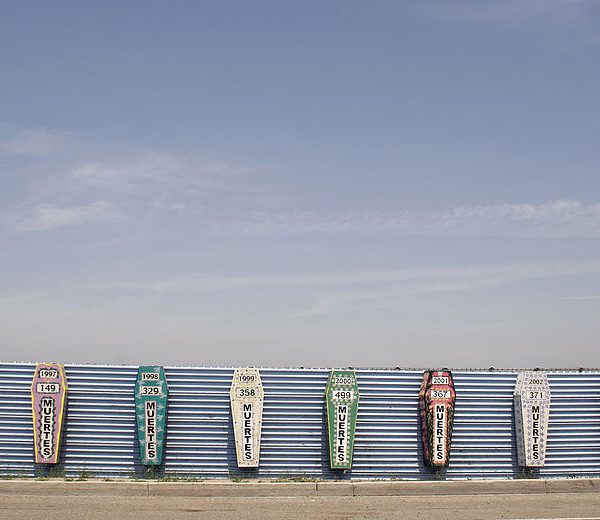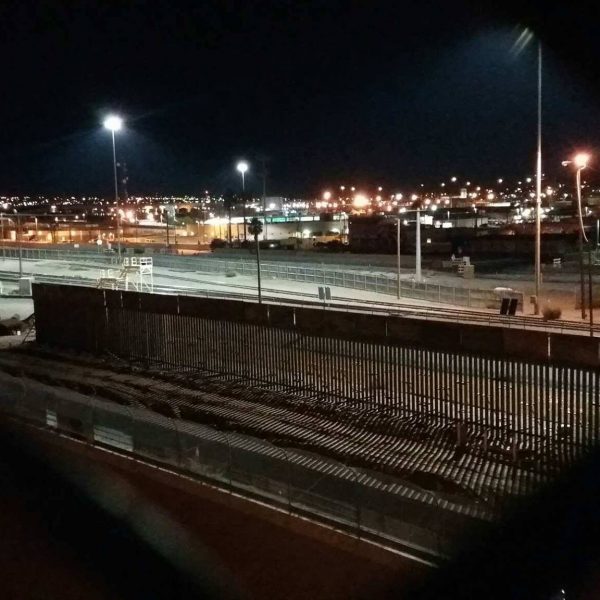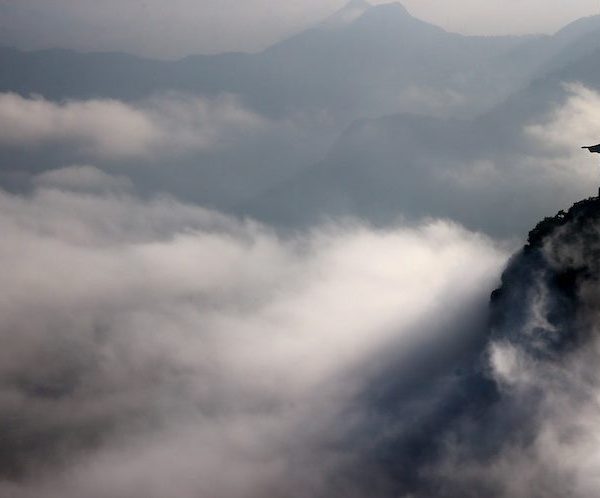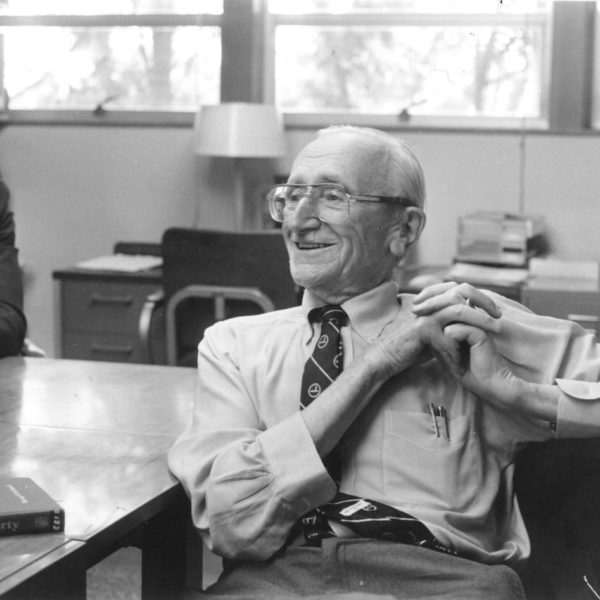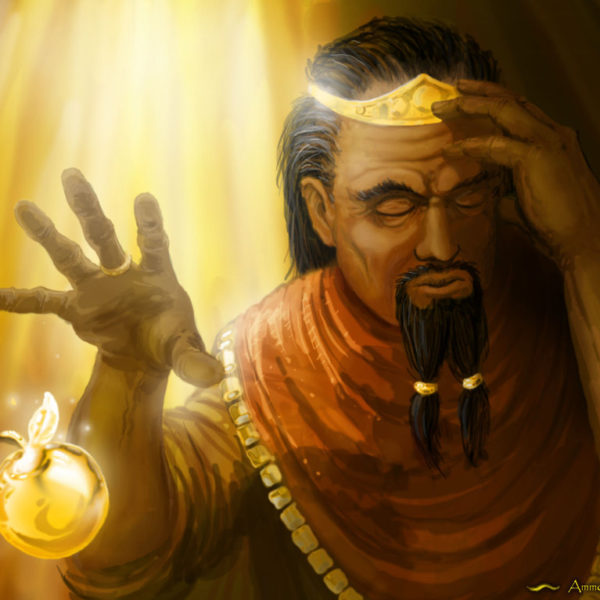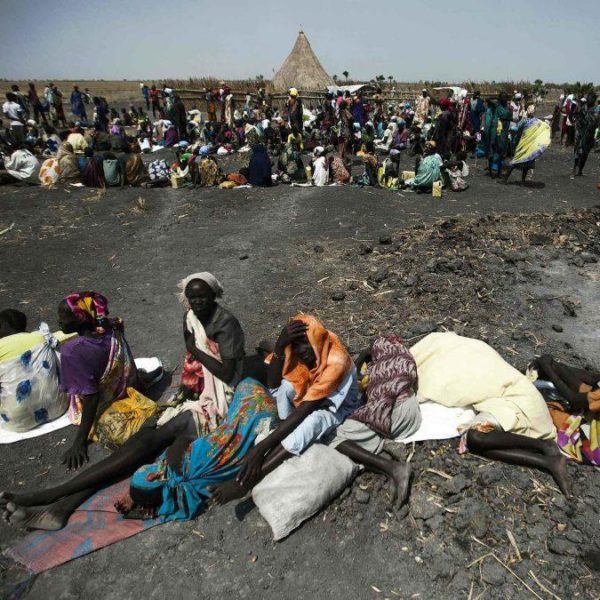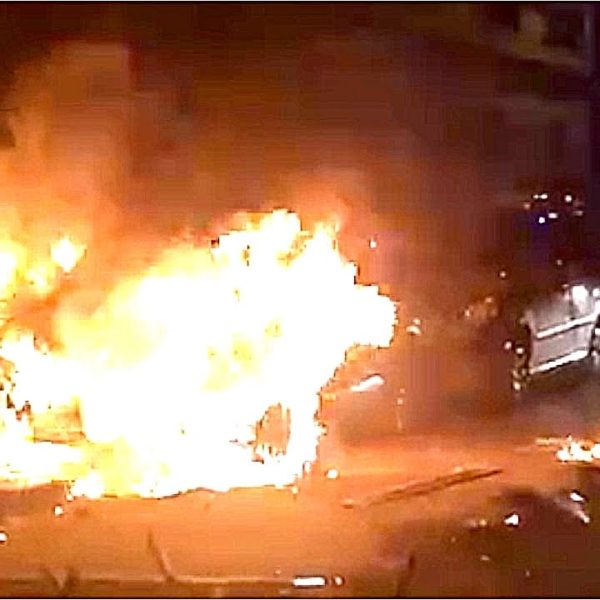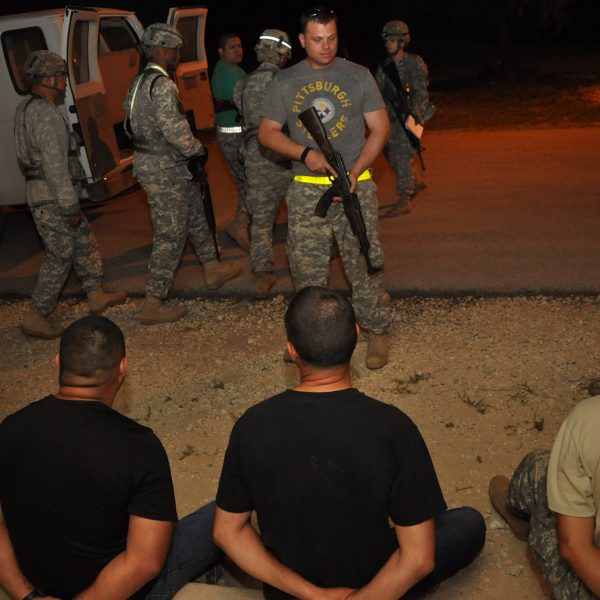
The social construction of the criminal other has long served as a justification for subjugation. Pope Francis has stated that the people of God can smell holiness, and perhaps there is also a greater need for the olfactory discernment of evil in our midst. Despite the risk of too literal an interpretation of this metaphor, deeper reflection is warranted of the ways in which evil must be resisted.
By Leo Guardado

Efforts to leverage “God” are often attuned to the dynamics of the symbol yet remain largely untroubled by the gaps such acts generate.
By Dhawn Martin
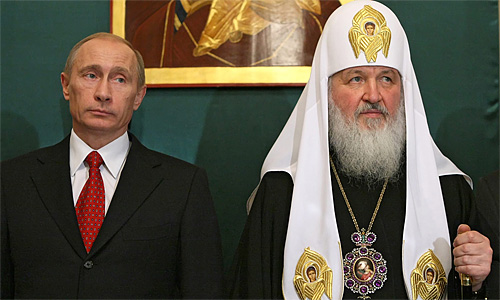
As the Orthodox Church resumes its central role in Russian life, Russia’s political and religious leaders engage in theological and pragmatic deliberations about the relationship between church and state.
By Betsy Perabo
